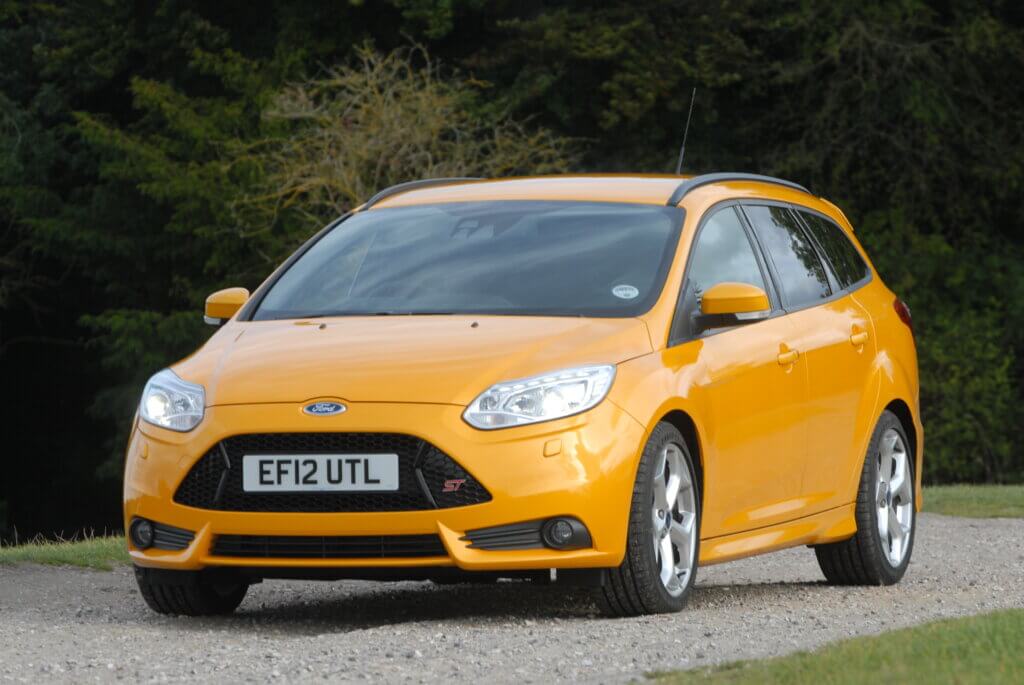Knowing the questions to ask when buying a used car is key to ensuring that your next purchase is safe and a good investment for years to come. Opting for a used car can help you get a newer model at a great price, saving you a significant amount compared to buying a new one. However, it can come with some risks, particularly if you do not properly research and prepare beforehand.
Asking questions before purchasing a car that has had previous owners is crucial to understanding its real condition, beyond the information in an advert written by the seller or dealership.
In this guide, we’ll provide you with some of the questions you can ask to help you fully understand the condition of the used car to help you gauge whether it’s a safe and secure deal. Use these alongside our used car buying checklist to be well-prepared when making your next car purchase.



